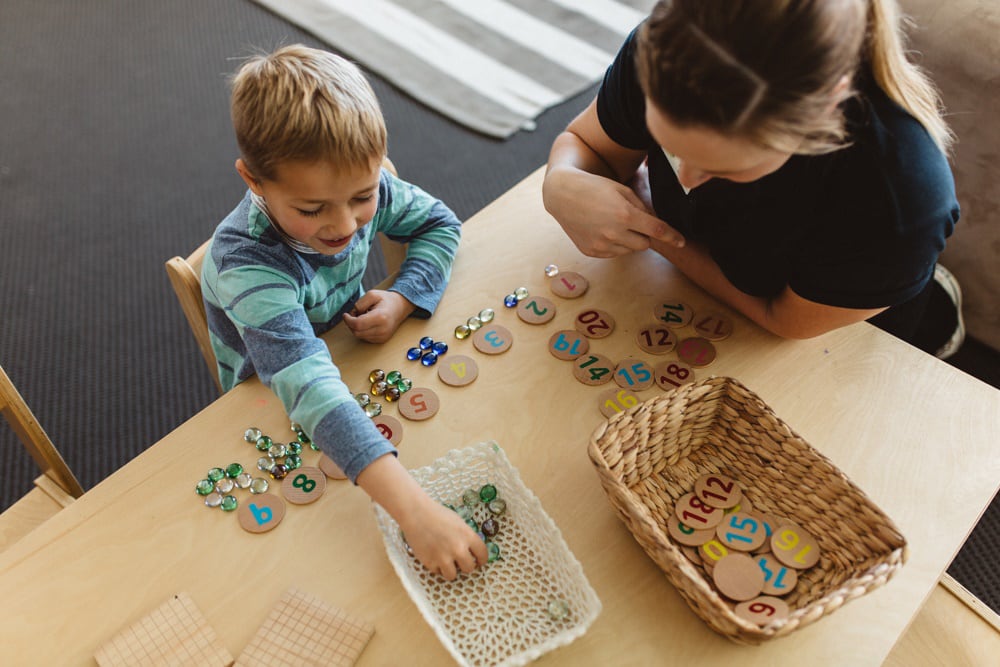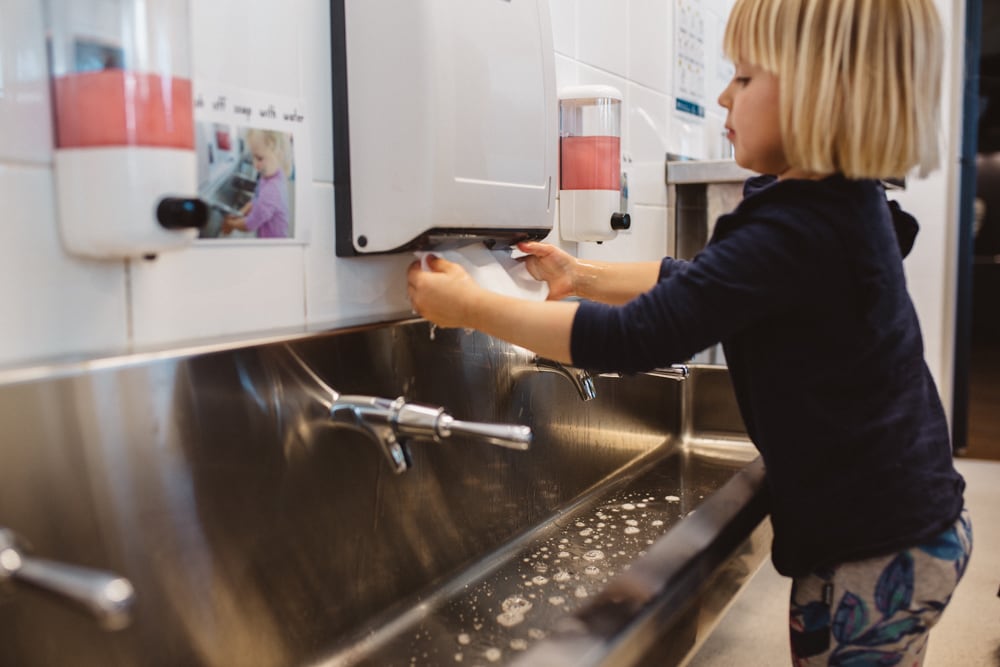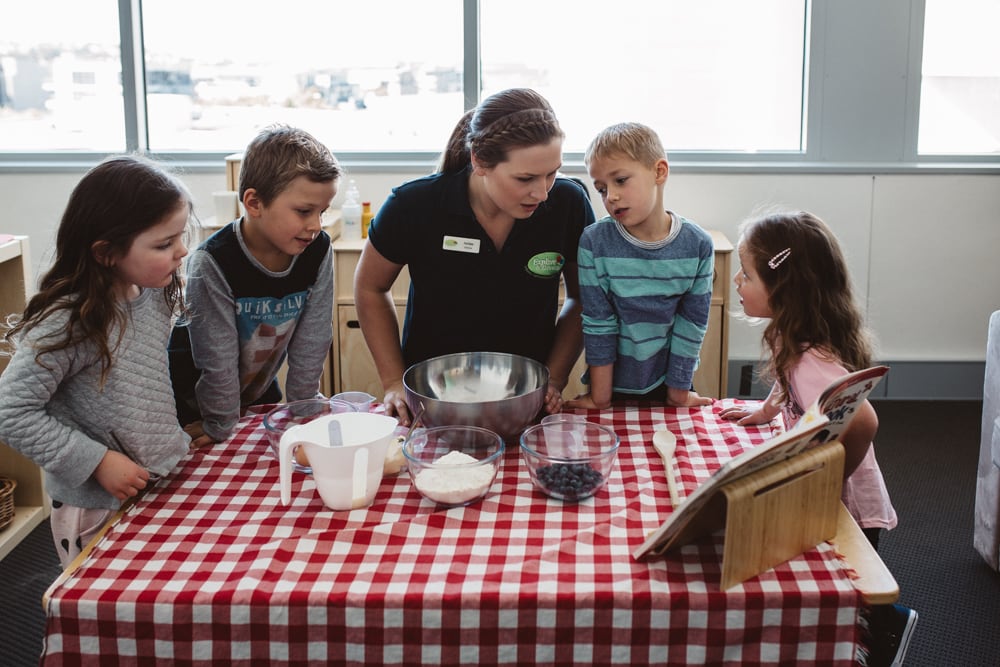
Transitioning your child into Primary School is a big milestone. Our aim is to provide families with detailed information to ensure that you can start preparing and know what to expect. This information is collated based on a collection of frequently asked questions by families at our services.
In New South Wales, your child must turn five on or before 31st July in the year they start school. All children must be enrolled in school by the time they turn six.
Most children are not competent in all areas of development, as they all develop at a different pace. When thinking about whether your child is ready for school, here are some things to look for:
Children who are able to emotionally regulate should be able to do some or most of the following:
Children who have strong social skills should be able to do some or most of the following:
Children who developing independence for school should be able to do some or most of the following:


It is important for families to establish goals at the start of the year and discuss this with your child’s educator. This is to assist all stakeholders involved in your child’s learning with a better understanding of their developmental needs to prepare them for school.
When setting goals, think about your child’s strengths and areas for improvement in the home environment. Reflect on the points listed in the section as a starting point.
Your local public school will depend on the specific area you reside in. These are called ‘catchments’.
For more information visit http://online.det.nsw.edu.au/schoolfind/locator/
Many schools hold Open Days to provide families with an opportunity to tour the school’s environment and facilities, see classrooms in action, and to provide answers to any questions you may have.
Once you have chosen and enrolled your child in a school, orientation days are often planned towards the end of the year before they start. Orientation days can vary from a few hours to half days, which provide children the opportunity to spend time in a school environment.
At Explore & Develop, we provide information evenings annually for families to gain a better understanding about the process of transitioning your child to school. These are not limited to, but can include guest speakers from local schools, occupational therapists, school counsellors or other professionals in the industry.
We believe that healthy eating and good nutrition is essential for children’s development and learning. Families are encouraged to pack healthy morning tea/ lunch options for children to take to school. For more information regarding healthy eating, visit:
healthykids.nsw.gov.au and healthymadetasty.com.au
Unlike Preschool, children are not provided with opportunities for an afternoon nap in school. Families are encouraged to begin transitioning children towards the last quarter of the year to allow for smooth transitions. It is best to discuss this with your child’s teacher to work towards personal goals.
Click here to download your copy of our School Transition Booklet or ask your local Explore & Develop Early Childhood Education & Care service for a copy.
ECIA NSW/ACT. (2018). Transition to School Resource.
Kids Matter. (2018). Thinking About Transition to School. Retrieved from https://www.kidsmatter.edu.au/families/starting-school/1-thinking-about-transition-school.
NSW Government (Education). (2017, March). Retrieved from NSW Transition To School Statement: https://education.nsw.gov.au/early-childhood-education/ecec-resource-library/transition-to-school
Tansey, S. (2008). School Readiness and Transition to School. Retrieved from National Childcare Accreditation Council Inc.: https://www.bartleby.com/essay/School-Readiness-and-Transition-to-School-FK2USUPPEJJP
Therapies for Kids. (2016). School Readiness Information Night. Sydney, New South Wales, Australia.